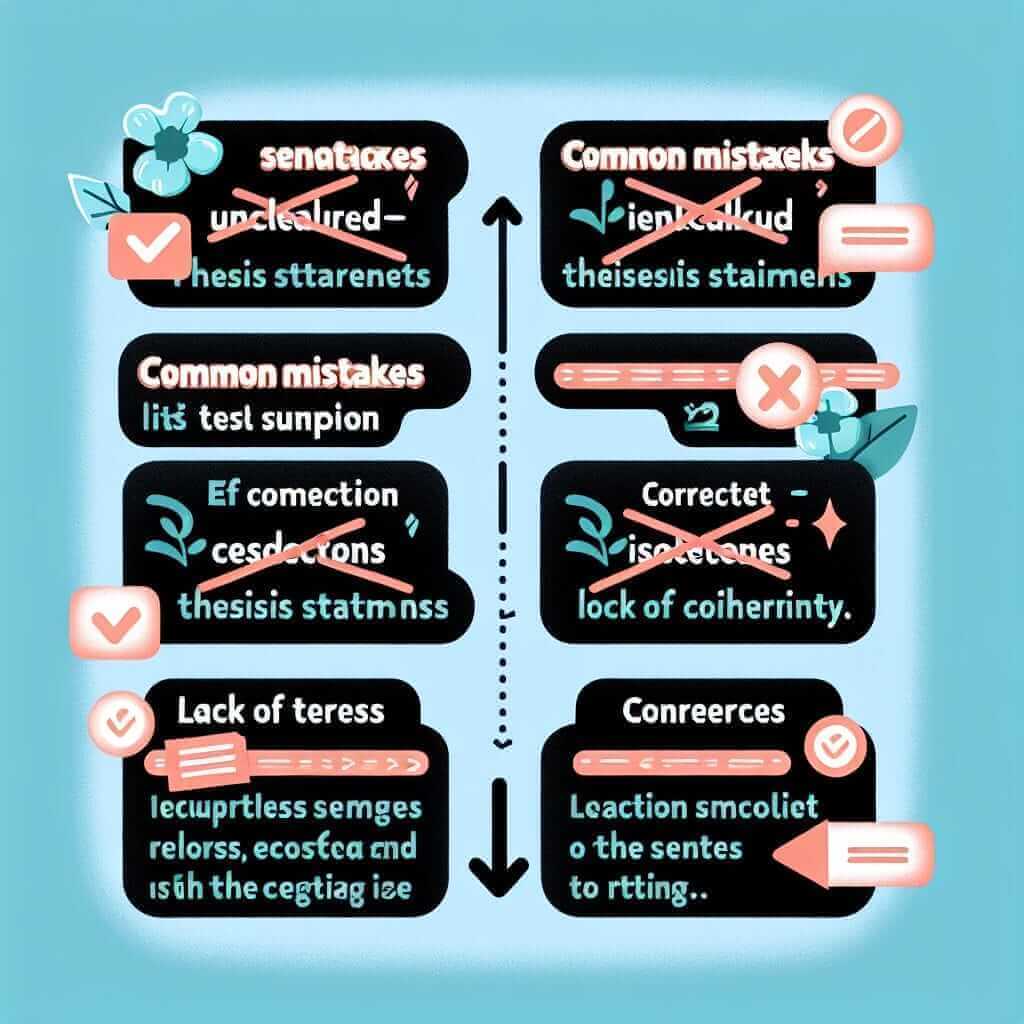Understanding how to analyze IELTS Writing Task 2 answers is critical for anyone preparing for the IELTS exam. This task assesses your ability to present a clear argument, support your ideas, and use grammar and vocabulary effectively. In this comprehensive guide, we will delve into the essential aspects of analyzing an IELTS Writing Task 2 response, using examples and offering practical tips for improvement.
Introduction
IELTS Writing Task 2 challenges candidates to write an essay in response to a specific question, presenting a well-structured argument. This task is crucial because it significantly impacts your overall writing band score. By learning how to analyze task 2 answers effectively, you can identify your strengths and weaknesses, enabling you to make targeted improvements.
Breakdown of Key Elements
Understanding the Writing Task 2 Question
Before analyzing an answer, it’s essential to understand the essay prompt. These questions typically fall into four categories: opinion essays, discussion essays, problem-solution essays, and double question essays. Each type has a specific structure and requirements.
Example Question:
“Some people believe that increasing tax on petrol and diesel is the best way to solve environmental problems. To what extent do you agree or disagree?”
Structure and Coherence
A well-organized essay is crucial. Look for the logical flow of ideas, clear topic sentences, and effective use of transition words.
Example Analysis:
In the introduction, present your thesis clearly. For instance, “While increasing taxes on petrol and diesel can reduce pollution, it is not the most effective solution for environmental issues.”
In each body paragraph, start with a topic sentence that introduces the main idea, followed by supporting sentences that elaborate on the point with examples or evidence.
Grammar and Vocabulary
Evaluate the use of a variety of sentence structures, appropriate tense usage, and accurate spelling and punctuation. Additionally, assess the range and accuracy of vocabulary.
Example Analysis:
Look for complex sentences that combine different clauses effectively, such as, “Although higher taxes on fuel could lead to a reduction in car usage, alternative measures like public transportation improvements are equally important.”
Argument Development
Check if the essay presents a balanced argument, providing supporting evidence for each point made and addressing counterarguments.
Example Analysis:
Supporting point: “Higher fuel taxes might reduce vehicle emissions due to lower usage of personal cars.”
Counterargument: “However, increased costs might disproportionately affect low-income families.”
Examples from Real IELTS Tasks
Example 1:
Question: “In many cities, the use of video cameras in public places is being increased to reduce crime, but some people believe that these measures restrict individual freedom. Discuss both views and give your opinion.”
Body Paragraph 1 (Supporting Video Cameras):
“Installing video cameras in public places can significantly reduce crime rates by deterring criminal activities. For example, a study in London showed a 20% decrease in thefts in areas covered by security cameras.”
Body Paragraph 2 (Counterargument):
“On the flip side, constant surveillance can make people feel like their privacy is being invaded. For instance, many citizens have expressed discomfort about being monitored during their daily activities.”
Example 2:
Question: “Some people think that technology makes our life easier. Do you agree or disagree?”
Supporting technology:
“One major way technology facilitates our lives is through communication. For example, video conferencing tools like Zoom enable remote work and keep families connected across long distances.”

Common Mistakes and How to Avoid Them
Mistakes in IELTS Writing Task 2 can range from poor thesis statements to insufficient support for arguments.
Typical Errors:
-
Unclear thesis statement: A vague thesis can confuse the reader.
- Error: “I think there are many sides to this issue.”
- Improvement: “I believe that while technology can simplify our lives, it also has significant drawbacks.”
-
Lack of coherence: Jumping from one point to another without clear connections.
- Error: “Cameras reduce crime. Freedom is important. Cameras are not good.”
- Improvement: Use connectors: “Although cameras reduce crime significantly, they also provoke concerns about personal freedom.”
Practice and Improvement
To master analyzing your IELTS Writing Task 2 answers, regular practice and feedback are crucial.
- Peer Review: Exchange essays with peers to gain new perspectives.
- Mock Tests: Simulate real test conditions to improve time management.
- Feedback from Experts: Get your writings evaluated by experienced IELTS teachers for professional insights.
Conclusion
Effective analysis of IELTS Writing Task 2 answers can significantly boost your writing score. Focus on understanding the question, structuring your essay coherently, using a range of vocabulary and grammar, developing arguments well, and learning from mistakes. Regular practice and constructive feedback will help you hone these skills and achieve a higher band score.
Feel free to leave comments, share your challenges, or explore more content on our website to further your IELTS preparation.